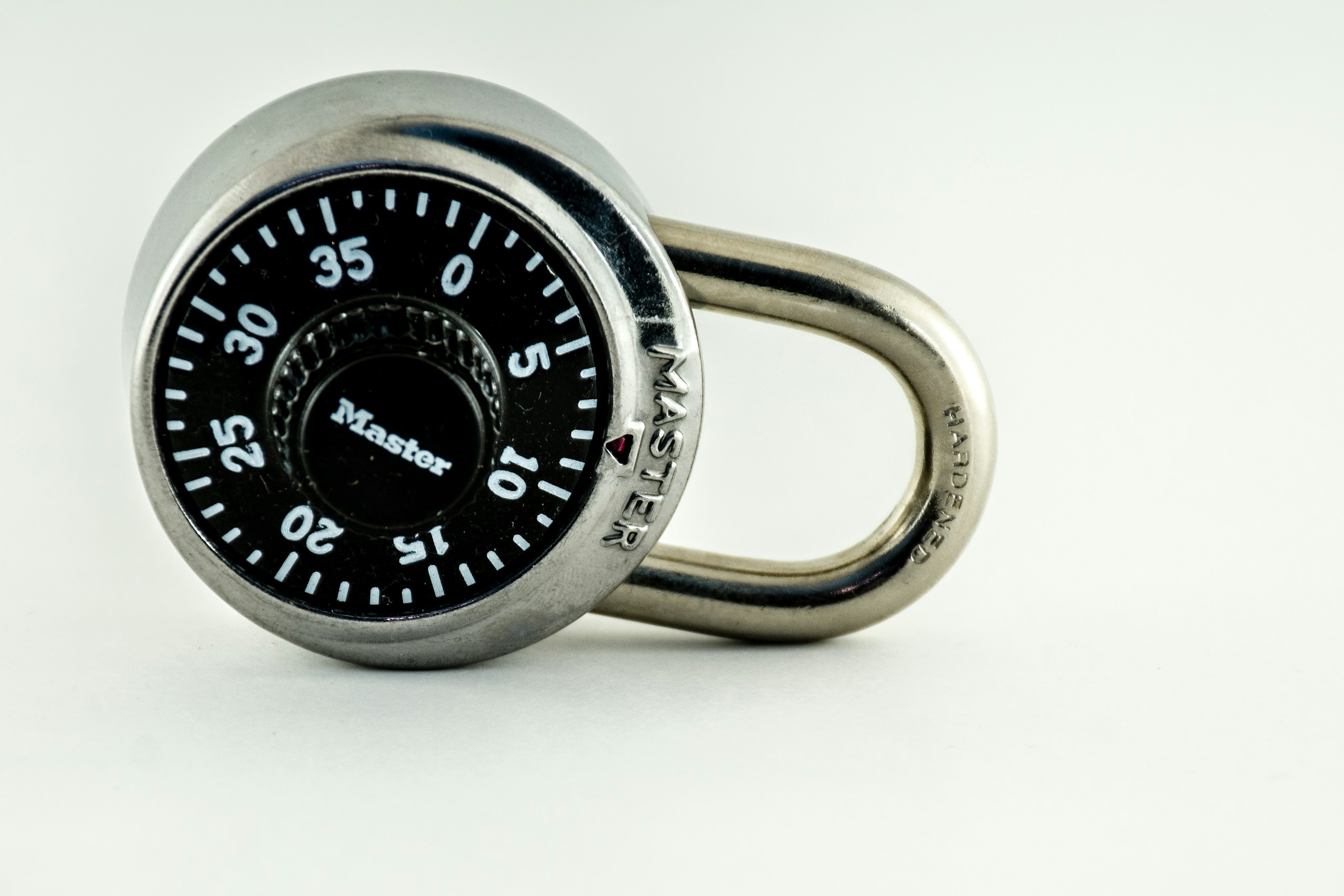- Introduction
Passwords protect information and restrict access to digital resources such as information systems, web apps, social media accounts, databases, wifi networks, and so much more. They present a challenge to unauthorized users and make it hard for anyone that needs to know the password to access your information. Setting good passwords is essential, and string passwords are even more effective at securing and safeguarding the integrity of your digital resources. With the password in place, hackers will be much harder to break into your information systems. How exactly do hackers break passwords? Do they always know what your password is? Do they guess for ages, or does it take them only a moment to crack a password? In this post, we look at passwords and how hackers thwart security measures and get past passwords and other barriers to prevent them from gaining unauthorized access to information.
- Password Breaking
Passwords are personal and private resources that should not be shared between parties. Hackers use different factors and aspects of your digital life to break passwords. Suppose you are used to bad password habits. In that case, it will be straightforward for hackers to break into your information systems and utilize the resources you have worked hard to accumulate and keep organized. In some cases, hackers will use your date of birth or other significant dates in your life to guess your password. Personal information such as important dates might be necessary or hold sentimental value for you, but this is not a reason for you to use the information to create your passwords. With a simple internet search or a perusal of your social media profile, the hackers will quickly determine the dates that matter to you and use this information to break your passwords. The combinations are much easier to determine when you use dates for setting your passwords, and this is what hackers will use when you have weak password habits.
Another way that the hackers can guess your password is by going through your public digital life and using the hints and clues they pick along the way to guess your password. Usually, this does not involve using software to break your passwords and uses publicly available information on the internet to determine the password you have set for various digital resources, online accounts, and so on. However, there are cases in which hackers will need to use existing software to break passwords. Bruteforce attacks are password attacks that try as many combinations as possible to determine your correct password. However, this only works sometimes since modern information systems have been designed to lock out a user after a certain number of attempts. Bruteforce attacks usually work on systems that do not have these safeguards, and the guesswork can go on for as long as possible. Usually, systems that keep asking for the correct password after several attempts will be prone to brute-force attacks. Eventually, the program that the hacker is using to create the combination will be able to determine the correct password and gain illegal access to your information systems.
Bruteforce attacks take time and can be noticed by a systems administrator or an IT expert at your organization. Whenever a hacker tries a brute-force attack, they flood your authentication system with many requests, and typically, this can lead to your programs halting and crashing due to the massive flood of requests. Bruteforce attacks are known to work for determining passwords, and weakly secured systems with less-than-ideal passwords will be very vulnerable to these attacks. The length of the password you set will also determine how long it takes for the brute-force attack initiated by the hacker to choose the correct password. Setting a short password means the hacker will immediately have to have a valid password for your information system. This is why it is recommended to set long passwords that will take ages for any hacker or software program to guess correctly. Long passwords are strong, but they also deter hackers who will have to spend ages trying to crack the passwords. Whenever you have a lengthy, robust password for your digital resources, you will quickly eliminate hackers attempting to force their way into your information system. Additionally, a password that contains a combination of letters, numbers, symbols, and small and capital letters will make it almost impossible for the impatient hacker to try and break into your information systems, databases, and web applications. Whenever you take your time setting a strong password, you will have made it harder for the hacker to brute-force a combination that matches, and most of the time, the hacker will give up after a while.

- Bruteforce Methods
Bruteforce involves software, and these apps can run for as long as possible, trying to determine the correct combination for your digital passwords. These applications are designed to break passwords and will run for as long as possible to try the different varieties of characters and symbols that ultimately determine the correct password to your databases, for instance. These methods are also known to cause a lot of traffic if the system being attacked is an online application, and as such, they can be easily noticed. They will even leave a digital trail with the many requests directed at your digital information systems.
- Hackers
Hackers are malicious people who use vulnerabilities in information systems to gain unauthorized access. They also have a lot of exploits that they work with to use up the vulnerabilities that your information system presents to hackers. However, their methods are only sometimes perfect, and they have been known to get sloppy and caught sometimes. Hackers will try every means they can to break passwords, and brute-force attacks are just a last resort. Occasionally, hackers will even use social engineering methods to crack your passwords. A social engineering attack is meant to take advantage of the human nature of people to coerce them into revealing information they would typically not provide or avail to anyone that is not authorized to have access to their information system. Social engineering is another series of blog posts in itself. We will eventually see how the human element is used to escalate privileges and cause employees to divulge information without being aware they are giving up sensitive information to hackers.
- Conclusion
Passwords are a valuable means to keep your days safe and worry-free. Any hacker with a password will instantly reach out for their brute force attack tools, but clever hackers will not go down this route. They will almost always go for social engineering and the human element of information security to break into systems and gain information without consent or authorization from the relevant parties involved in keeping it secure in the first place. This post has looked at hackers’ methods to break passwords and the importance of setting solid and long passwords that will keep them guessing and away from your databases, social media accounts, information systems, and web applications. Stay safe and set better, stronger, and longer passwords. A password as long as the Nile will take ages to break, and hackers will give up. Have a safe day, and set strong passwords that will prevail against the most brutal of brute-force attacks.
